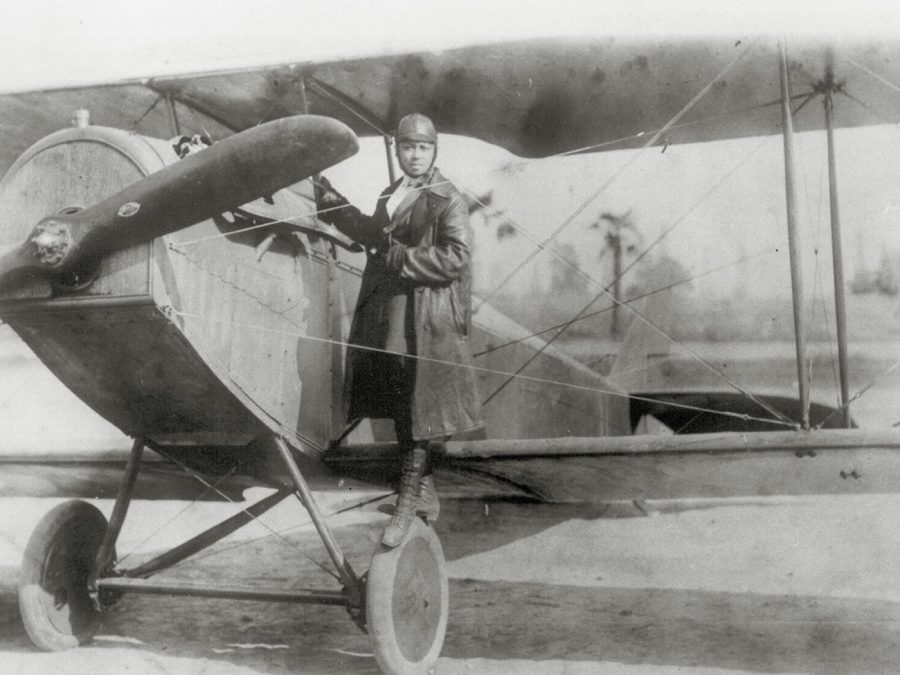Bessie Coleman
In honor of Black History Month, every day The Cardinal will feature a prominent and historical Black American, living or dead, who has worked toward change, advancement, and/or world peace. Some of them are heroes, and some are unsung heroes, who deserve recognition, and have made a contribution to society.
February 20, 2021
Bessie Coleman was born on January 26, 1892. She was born to a family of sharecroppers in Texas, and Coleman worked in the cotton fields at a young age while also studying in a small segregated school. She attended one term of college at Langston University. Coleman developed an early interest in flying, but African Americans, Native Americans, and women had no flight training opportunities in the United States, so she saved and obtained sponsorships to go to France for flight school. She then became a high-profile pilot in notoriously dangerous air shows in the United States. She was popularly known as Queen Bess and Brave Bessie. She hoped to start a school for African-American fliers. She was an early American civil aviator. Bessie was the first African-American woman and first Native-American to hold a pilot license. She earned her pilot license from the Fédération Aéronautique Internationale on June 15, 1921, and was the first Black person to earn an international pilot’s license. Her pioneering role was an inspiration to early pilots and to the African-American and Native-American communities. Coleman would not live long enough to establish a school for young black aviators but her pioneering achievements served as an inspiration for a generation of African-American men and women. Coleman died in a plane crash in 1926.


